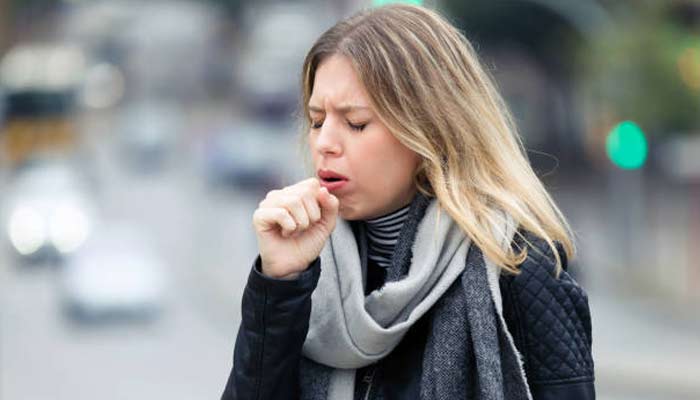Are you still contagious after sickness? Here's how to know
Experts reveal post-illness symptoms that indicate if you're still contagious after your sickness goes away
As the holiday season approaches, with all its joy and jollyness, it also brings along contagious illnesses and a set of headaches stemming from the concern of potentially spreading an illness to loved ones.
People often find themselves researching how long they remain contagious after common winter ailments, eager to reconnect with friends and family without the fear of transmission.
Here is a "cheat sheet" by the HuffPost that tells you how long you may stay contagious for after an illness and the expert advice you need to protect the people around you from catching the sickness too.
Flu
When people contract the flu, they will be hit with chills, fever, cough, sore throat, body aches, fatigue and headaches, and runny or congested nose, according to Dr Marlene Millen, a board-certified internal medicine doctor and primary care physician at UC San Diego Health.
However, Millen said that individuals with the flu are "most contagious the first few days of it," and remain contagious for up to seven days.
She said that once symptoms start improving overall and the fever has left without the use of fever-reducing drugs for at least a full 24 hours, they are less contagious and can leave home.
Common cold
The common cold is caused by various respiratory viruses and presents symptoms such as a runny or congested nose, coughing, sneezing, sore throat, fever, body aches and headaches.
Unlike the flu, which is very abrupt and intense, colds develop gradually over a few days.
After one begins exhibiting symptoms of the common cold, they are contagious for about seven days, said Dr Tara Vijayan, medical director of the Adult Antimicrobial Stewardship program at UCLA Health.
Individuals with symptoms must stay home until they start improving overall and the fever has subsided without taking fever-reducing drugs for at least a full 24 hours.
Respiratory Syncytial Virus (RSV)
RSV is a viral infection that occurs when you have symptoms like coughing, sneezing or wheezing, or you have a fever, a runny or congested nose.
These symptoms present themselves in stages. Once RSV symptoms start showing in an individual, they are contagious for up to eight days afterward, according to the Centers for Disease Control and Prevention (CDC).
Once symptoms start improving overall and the fever has subsided without fever-reducing drugs for at least a full 24 hours, they are less contagious.
Whooping cough (Pertussis)
Whooping cough, or pertussis, is a bacterial infection that initially presents symptoms similar to a cold, such as a runny nose, mild cough, and low-grade fever, according to Millen.
After about seven to 14 days in, the coughs worsen into violent and uncontrollable coughing fits. These fits can cause breathlessnes, exhaustion, and vomiting, often accompanied by a characteristic “whoop” sound after the cough, according to both Vijayan and Millen.
The CDC notes that pertussis is contagious from the onset of symptoms until about 14 days after the cough begins.
-
Christina Applegate struggles to leave bed amid multiple sclerosis battle
-
Demi Lovato bravely admits she is ‘not ashamed’ of having bipolar disorder
-
Can humans reverse aging? Harvard scientist predict revolutionary breakthrough
-
How Liam Payne’s death impacted awareness about mental health
-
Taylor Swift expresses how negative body comments triggered her
-
Lady Gaga details how eating disorder affected her career: 'I had to stop'
-
Celebrities who struggle with infertility
-
How Kate Middleton's hyperemesis gravidarum left her 'not the happiest'












